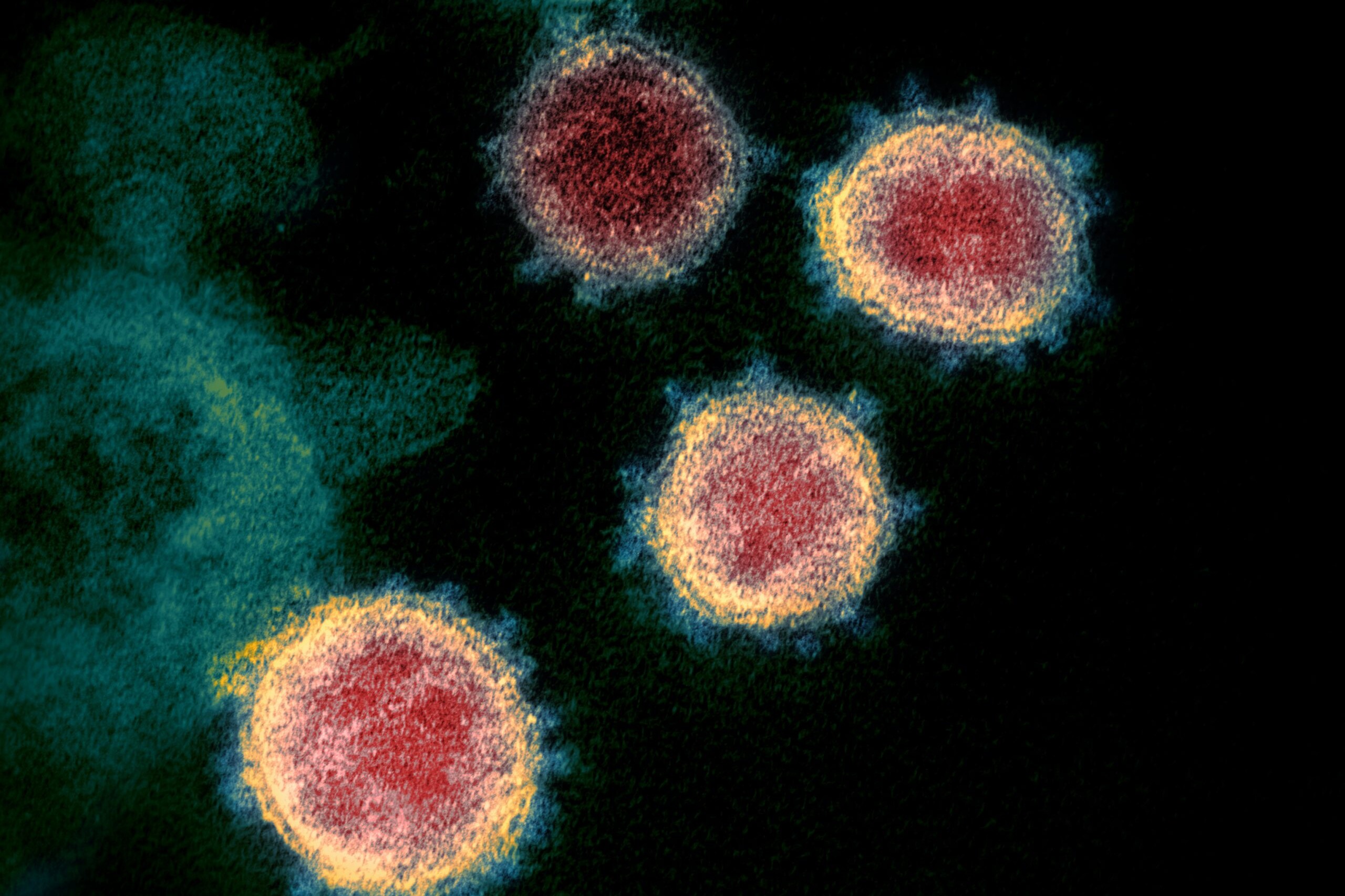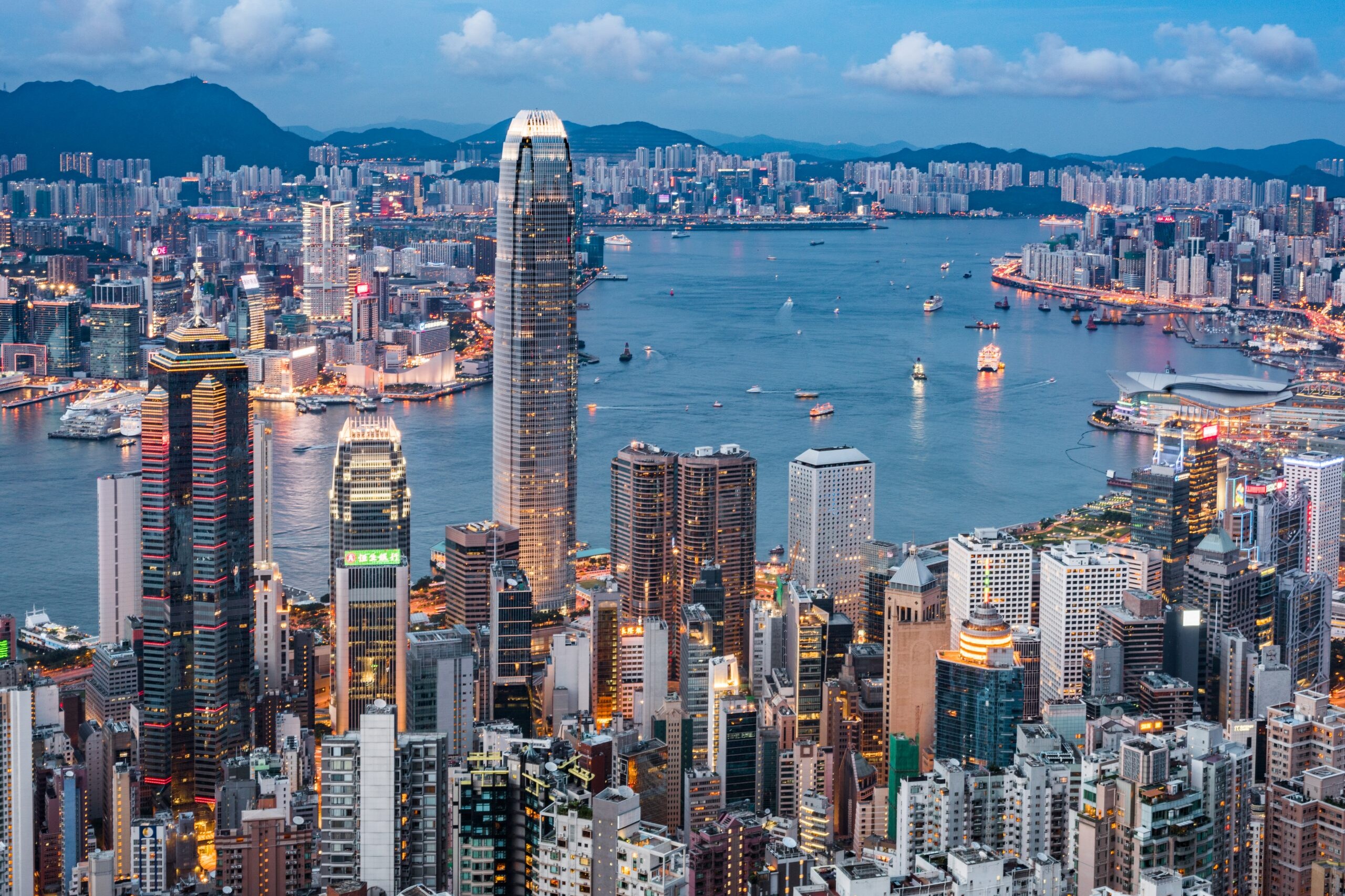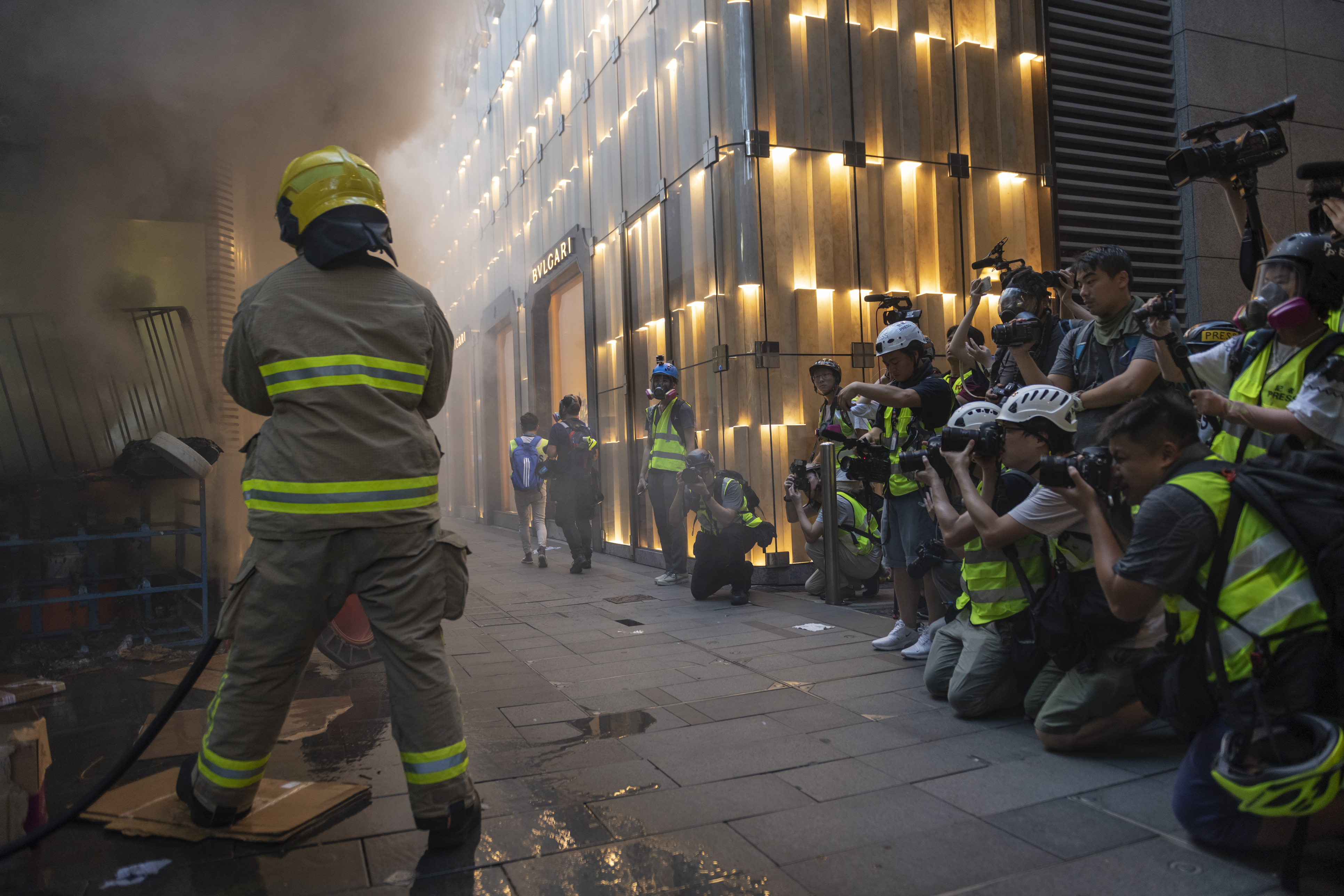In our September Call Out, we spoke about how the developments in Hong Kong this year – such as the COVID-19 pandemic and the new security law – have acted as significant risks to democracy. Now, within days of that Call Out, new developments have painted an even grimmer picture for the future of media freedom and editorial independence in the special administrative region.
On 23 September, the Hong Kong Police Force announced new accreditation rules which would only recognise journalists from “internationally recognised and renowned” foreign media and media organisations registered with the government’s information system. These new rules have already impacted citizen and student journalists, along with the Hong Kong Journalists Association (HKJA) and the Hong Kong Press Photographers Association (HKPPA), two bodies which represent hundreds of journalists and media workers.
Journalists had already been functioning in an extremely tense environment since the passage of the new security law, but the new accreditation rules are ultimately a further blow to freedom of information, journalist safety, and media pluralism in Hong Kong.
Read more: Another dark week for press freedom and critical voices in Hong Kong
Meanwhile, public broadcaster and PMA member, Radio Television Hong Kong (RTHK) has not been insulated from the recent challenges in the media landscape. In fact, the broadcaster has come under seemingly concerted attacks to its criticality, which is particularly concerning due to the long tradition of editorial independence enshrined in its charter. Most recently, hard-hitting journalist, Nabela Qoser, who is well known for her questioning of public officials, had her three-year probation period extended following the reopening of an investigation of complaints from late last year. She now faces the choice of either accepting the extension or leaving her job. The move is seen as “political persecution” by the RTHK Programme Staff Union.
Furthermore, on 22 September, RTHK reported it received yet another warning from the Hong Kong Communications Authority – this time for four episodes of a programme in late 2019 described by the Authority as “biased”. The programme had included critical views of the police. The episodes have since been removed from RTHK’s website. The warning is the latest in a string of tightening restrictions on the broadcaster.
Chairman of RTHK’s Board of Advisers, Lam Tai-fai, has not criticised these restrictions on the public broadcaster. Most recently, he refused to make a comment on Qoser’s probation extension but instead emphasised the importance of RTHK’s adherence to its governing charter, considering the recent controversies surrounding its programming, the South China Morning Post (SCMP) reported. SCMP went on to quote Lam as saying,
“There were different understandings and interpretations about the charter. But just like driving, if you don’t abide by the rules and the traffic lights, there will be accidents. This would affect RTHK and Hong Kong.”
Lam is a former lawmaker considered to have strong ties to Beijing. He was appointed by the government in late August, along with two other RTHK board members.
Press freedom in Hong Kong has been eroded significantly in recent months; in the 2020 World Press Freedom Index the state fell seven spots between 2019 and 2020, from 73 to 80.
The Public Media Alliance continues to condemn the stifling of media freedom and the silencing of critical voices in Hong Kong.
Header Image: Central District – Hong Kong, Hong Kong, Hong Kong Island, Victoria Harbour – Hong Kong, Aerial View. Credit: CHUNYIP WONG/istock
Related Posts
23rd September 2020
Call Out: COVID-19 compounds risks to public media and their critical role in democracy
Independent public media and public…
17th August 2020
Another dark week for press freedom and critical voices in Hong Kong
The Chinese government’s new National…
29th May 2020
Hong Kong: Growing pressure on editorial independence and press freedom
The editorial independence of Hong…


